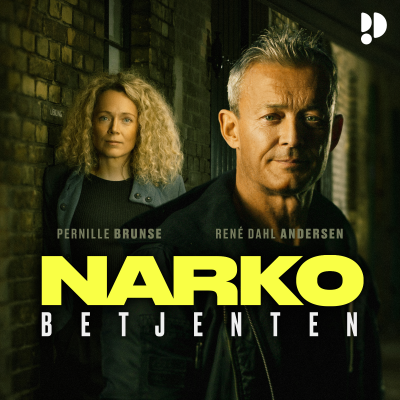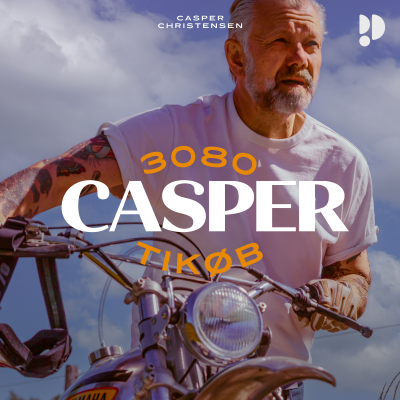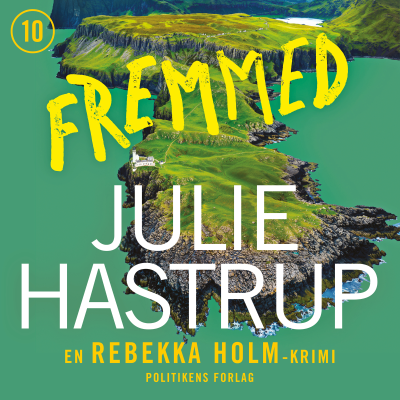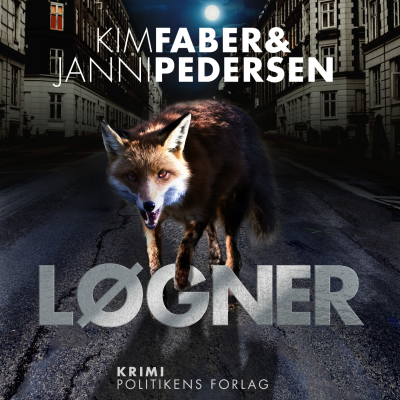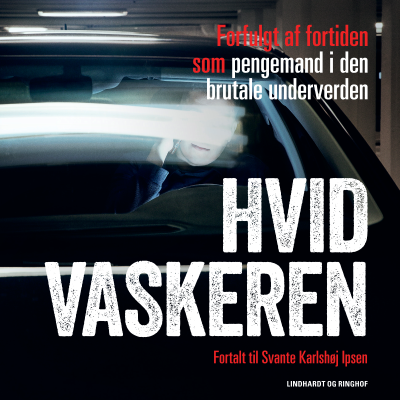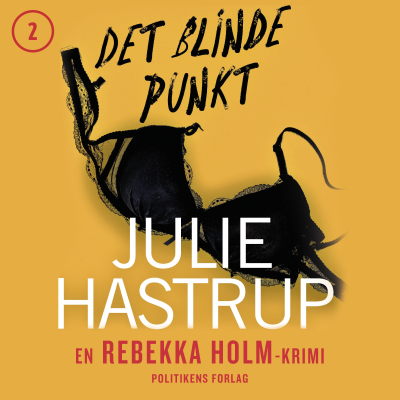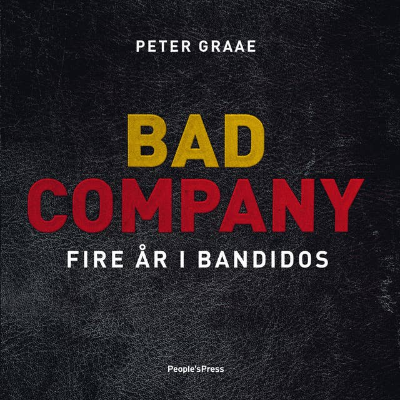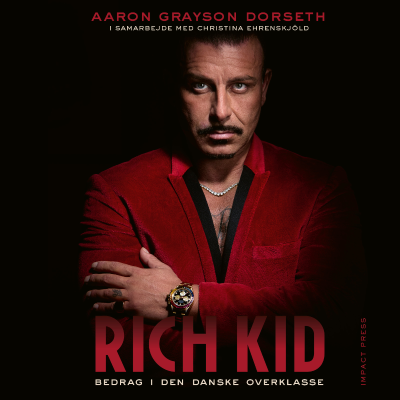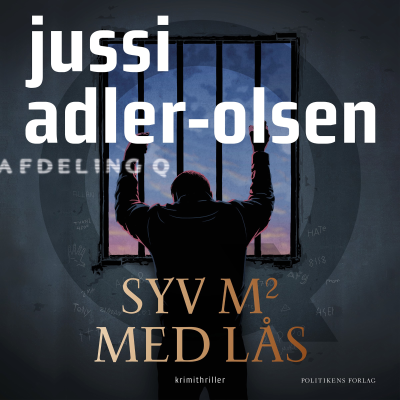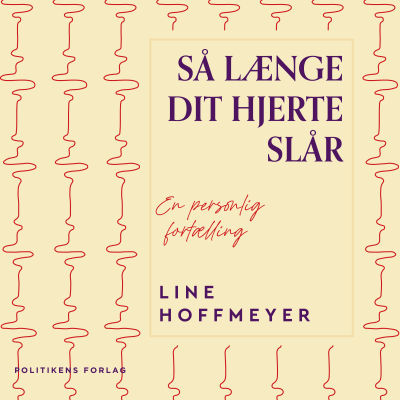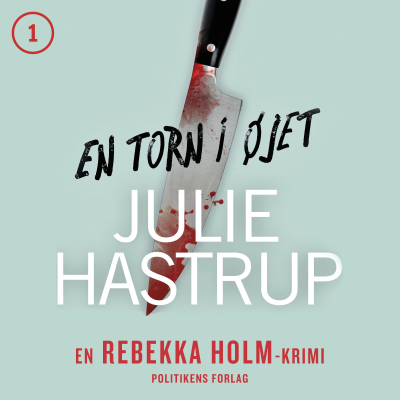
The Risk Calculus
Podcast by Berkeley Risk and Security Lab
This podcast is free to listen on all podcast players and the Podimo App without a subscription.
All episodes
6 episodesFor the final episode of this series, Andrew is joined by Dr. Jacquelyn Schneider, the Director of the Hoover War Gaming and Crisis Simulation Initiative. The episode focuses on the value and variety of wargaming today. What does the field of wargaming look like now? What does it need going forward? And how can you play some of these games with us? Key Points * Wargames are a useful tool for problem sets that lack good data, either because they happen rarely, like nuclear use, or because they’ve never happened, like a nuclear war. * As wargaming methods experience a renaissance, the traditional defense wargaming community is increasingly interacting with social scientists in the academy. Each group can learn from the other, and ideally those interactions will lead to engaging games that follow rigorous methodologies to answer analytical questions. * Emerging technologies, and novel use cases of existing technologies, are a particularly interesting area for wargaming. Much like nuclear use, there are many outstanding questions about the role of artificial intelligence, cybersecurity, hypersonic missiles, and other technologies in war, with limited to no real world data. Wargames offer a chance to explore these technologies in a synthetic environment. * Wargames can also be a valuable tool in exploring the perspectives of other countries. Jacquelyn discusses her experience wargaming cyber vulnerabilities and their impact on nuclear stability in the U.S. - China context. In those games, keeping the gameplay abstract (ie. using fictional countries rather than real ones) allowed individuals to speak more freely than they would have during a real world scenario. Jackie’s Reading Recommendations * Erik Lin-Greenberg, Reid B.C. Pauly, and Jacquelyn Schneider’s “Wargaming for International Relations Research [https://journals.sagepub.com/doi/full/10.1177/13540661211064090]” for European Journal of International Relations * Andrew Wilson’s The Bomb and the Computer The History of Professional Wargaming 1780-1968 [https://www.amazon.com/Wilsons-Computer-History-Professional-Wargaming/dp/1291762442] * Thomas B. Allen’s War Games: The Secret World of the Creators, Players, and Policy Makers Rehearsing World War III Today [https://www.amazon.com/War-Games-Creators-Players-Rehearsing/dp/0070011958] A reading list to accompany this podcast series can be found at: https://brsl.berkeley.edu/podcasts/ [https://brsl.berkeley.edu/podcasts/]
Dr. Ellie Bartels, the co-director of RAND’s Center for Gaming, joins Andrew for a conversation on war game design. Ellie and Andrew break down their approaches to building and running games. What are the basic elements of a wargame? What kinds of choices do game architects have to make? And what are the implications of these choices? Key Points * When first building a wargame designers should hone in on the type of wargame that they need: whether it should be pedagogical, experiential, or analytical, what key themes or questions should it explore, and what is sought from the players in the game. * Different styles of wargames yield different types of insights, so wargame design is derived from intended outcomes. If a game is meant to explore a problem set then it can be designed to be less structured, often leaning towards a seminar style game. Games that are meant to test hypotheses will be more structured and analytically rigorous. * Wargames come in many different forms. They can be board game based, take place one line, or exist mainly on a powerpoint. The medium of gameplay is less important than the overall structure and world-building of the game itself. * As wargaming undergoes a renaissance, Ellie walks us through three areas of promise: (1) discussions on fundamental research design and what good versus bad wargame design looks like; (2) examinations of, and evolutions in, how to better measure human decision making; and (3) the arrival of new technological tools, like generative AI, that can enables wargame designers to scale wargame design, potentially making it better, cheaper, and and faster. Ellie’s Recommendations for Engaging with Wargames * The Connections Wargaming Conference [https://connections-wargaming.com/] * Ellie Bartel’s “Building Better Games for Policy Analysis, [https://www.rand.org/pubs/rgs_dissertations/RGSD437.html]” RAND (2020) * Robert Burks, Jeff Appleget, and Fred Cameron’s The Craft of Wargaming: A Detailed Planning Guide for Defense Planners and Analysts [https://www.amazon.com/Craft-Wargaming-Detailed-Planning-Planners/dp/1682473767] A reading list to accompany this podcast series can be found at: https://brsl.berkeley.edu/podcasts/ [https://brsl.berkeley.edu/podcasts/]
Dr. Reid Pauly, the Dean's Assistant Professor of Nuclear Security and Policy at Brown University joins Andrew for a conversion about Cold Wargaming. Reid has spent significant time in different archives, trying to reconstruct the decision making processes inside games being played at the Pentagon during the Cold War. In this episode Andrew and Reid focus on the legacy of a particular set of Cold Wargames and the way they still shape the way we think about geopolitics today. Key Points * Wargaming is a particularly useful tool for those in the nuclear field, where we lack real world data on use cases but still want to understand risks and escalation pathways. Wargames allow us to study nuclear war in simulated environments. This method was also popular in the U.S. Defense Department during the Cold War for the insights they could bring on potential nuclear crises. * Thomas Schelling and Lincoln Bloomfield played a series of wargames at MIT and with the Department of Defense, exploring topics such as nuclear deterrence, compellence, and brinkmanship. Their games were more political than previous military-only games, driving at topics like the effects of nuclear weapons on interstate competition * Schelling and Bloomfield walked players through several different problem sets and geopolitical crises, including conflict in Europe, strategies to end the war in Vietnam, and responses to events on the Korean Peninsula. In these games, Schelling and Bloomfield introduced new design choices, including not telling players when rounds would end and adding more politics and diplomatic options to games. Reid’s Reading Recommendations * Reid Pauly’s “Would U.S. Leaders Push the Button? Wargames and the Sources of Nuclear Restraint [https://www.belfercenter.org/publication/would-us-leaders-push-button-wargames-and-sources-nuclear-restraint],” International Security (2018) * John Badham’s 1983 film WarGames [https://www.imdb.com/title/tt0086567/] * The Wargaming and Crisis Simulation Initiative [https://www.hoover.org/research-teams/wargaming-and-crisis-simulation-initiative] at the Hoover Institute, directed by Dr. Jacquelyn Schneider, and its publicly available wargaming archive. A reading list to accompany this podcast series can be found at: https://brsl.berkeley.edu/podcasts/ [https://brsl.berkeley.edu/podcasts/]
Dr. John Emery, a professor of International Security at the University of Oklahoma and one of the world's leading experts on the historical applications of wargaming, joins Andrew for a deep dive into the past. Where does wargaming come from? How has it been used for education, training, and analysis? What are some of the most significant games in history? And what can we learn from past attempts to imagine the future of war? John also regales listeners with anecdotes from the RAND Corporation’s wargaming archives. Key Points * While early wargames like go, chaturanga, and chess have been around for centuries, contemporary wargaming has its roots in 19th century Prussia, where General Staff Officer Karl Von Müffling encouraged their use throughout the Prussian Army. * In the U.S., wargaming took off when Alfred Mahan, inspired by the Prussian military’s use of wargaming, brought it to the Naval War College. The NWC embraced wargaming to train soldiers, study adversaries, and prepare war plans before, during, in between, and after the world wars. * Wargaming became even more popular during the Cold War, as it offered insight into the immense uncertainty of the new atomic age, with outstanding questions on nuclear deterrence, a lack of data on nuclear use, and complex alliance dynamics. * Of course, the history of wargaming is not one of only hits. The field has seen some significant misses, where games go wrong and leave their players with misleading, or completely wrong, conclusions. John’s Reading Recommendations * Andrew Wilson's The Bomb and the Computer: The History of Professional Wargaming 1780- 1968 [https://www.amazon.com/Wilsons-Computer-History-Professional-Wargaming/dp/1291762442] (edited by John Curry) * Peter Perla’s The Art of Wargaming [https://www.amazon.com/Art-Wargaming-Guide-Professionals-Hobbyists/dp/0870210505] * Becca Wasser and Stacy Pettyjohn’s work at the Center for a New American Security [https://www.cnas.org/gaming-lab] A reading list to accompany this podcast series can be found at: https://brsl.berkeley.edu/podcasts/ [https://brsl.berkeley.edu/podcasts/]
Dr. Bethany Goldblum, a professor in the Department of Nuclear Engineering at the University of California Berkeley and a research scientist at Lawrence Berkeley National Laboratory joins Andrew for an introduction to the art and science of wargaming [https://www.lawfaremedia.org/article/integrating-art-and-science-wargaming]. In this episode you'll hear about what wargames are, how they're used, and how variations of an old method can help us think through some of today's most urgent questions. Key Points * Historically, militaries and governments have used wargames as tools to ask and answer strategic questions, but they are now increasingly used outside of a military context. This means that wargaming is being opened up to different problem sets and a more diverse range of players and designers. * In recent years, there has been a rise in analytical wargaming, with scholars conducting wargames as experiments to test hypotheses. Wargames are a valuable analytical tool because they offer insights into human decision making, providing a useful counterbalance to formal approaches in the social sciences. * Wargaming is proving particularly useful for understanding the current strategic environment, as it provides insights into new capabilities and technologies whose effects may not yet be apparent in the real world. Bethany’s Reading Recommendations: * Peter Perla’s The Art of Wargaming [https://www.amazon.com/Art-Wargaming-Guide-Professionals-Hobbyists/dp/0870210505] * Sebastian Bae’s X account [https://twitter.com/SebastianBae?ref_src=twsrc%5Egoogle%7Ctwcamp%5Eserp%7Ctwgr%5Eauthor] * Dr. Jacquelyn Schneider [https://www.hoover.org/profiles/jacquelyn-schneider] and Dr. Reid Pauly [https://www.reidpauly.com/]’s work A reading list to accompany this podcast series can be found at: https://brsl.berkeley.edu/podcasts/ [https://brsl.berkeley.edu/podcasts/]
Available everywhere
Listen to Podimo on your phone, tablet, computer or car!
A universe of audio entertainment
Thousands of audiobooks and exclusive podcasts
No ads
Don't waste time listening to ad breaks when listening to Podimo's content.






